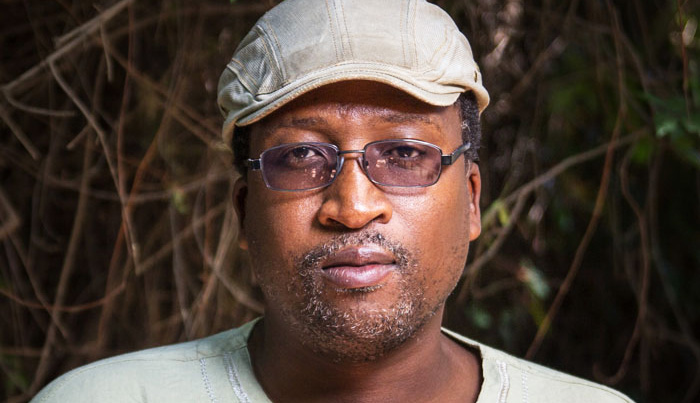By Takura Zhangazha
Recently, the Economic Community of West African States (ECOWAS) successfully and with some threat of force persuaded former Gambian president Yahya Jammeh to vacate office and also leave the country for exile. This action on the part of Ecowas had continental backing from the African Union as well as the support of a United Nations’ Security Council (UNSC) resolution.

By all accounts the removal of Jammeh was a great diplomatic success for regional and international insistence that the will of the people must be respected. And that incumbent leaders that refuse to accept the results of democratic elections must accept them and leave office peacefully. Or else face diplomatic disapproval or as in the case of Gambia, an actual military intervention that fell short of arriving at the gates of its capital, Banjul.
The successful intervention in the Gambia by ECOWAS has however also taken a comparative turn on social media platforms. Young Africans active on social media, and in awe of the global media coverage of the intervention, were correctly quick to point out the difference between Ecowas and the Southern African Development Community(SADC). The basis of the comparison was how SADC had apparently ‘dithered’ over Zimbabwe and not sent armies to Harare to force out the still incumbent government of Robert Mugabe in 2008.
In that year SADC, against the global outcry by liberal interventionists, chose the path of diplomacy which the main mediator on the Zimbabwean crisis (and yes it was a crisis) Thabo Mbeki had referred to as ‘quiet diplomacy’.
What is however missed is that Ecowas and SADC are two very different African inter-state organizations. Not just by way of their historical development but also in relation to the fact that they have always tended to act differently on the continental stage especially after they were both reformed in the early 1990s, Ecowas 1993 and SADC 1992 to make them much more formal and more concerned in members states affairs. Especially where it concerns their respective regional economies and trade.
In an age of ‘fake news’ or ‘alternative facts.’ Africans would do well to be grounded in reality with a contextual dash of idealism. And to also avoid that colonial trap that was the Monrovia and Casablanca ‘divide’ in the run up to the formation of the OAU. A period when two continental blocs going by those two respective names appeared to be either battling for recognition by former colonial powers or the pursuit of a new radical Pan Africanism .
But thankfully ECOWAS and SADC are from the same Pan African womb. They however tend to act differently and have a different history of interaction with global powers. Sadc, having its foundation in the liberation struggle era of the Frontline States has a history of solidarity between liberation movements and was never going to abandon that in the face of the regional behemoth that was Apartheid South Africa.
Ecowas, with member states that have experienced greater periods of national independence and inundated with Cold War battles for control of natural resources such as petroleum was always more nuanced and divided in its global relations. Things are therefore not so Manichean. Nor are they easily excusable or a matter of pitting one African region against another.
What is however important is for us as Africans to continue to draw lessons from not only our history but also from the different reactions to regioanl problems by members states and institutions of the African Union. I mention the AU because Ecowas acted within the latter’s remit. Which also included SADC’s support.
So I celebrate the respecting of the people’s will in Gambia. I am however mindful of the fact that different regional blocs will find dissimilar ways of resolving their crisis. In the case of the Gambia, I am glad that it has been peacefully resolved despite the potential use of force by Ecowas. In comparing the Gambia with Zimbabwe, I am mindful of the yearning for democracy in both countries but I am also aware that their regional contexts differ. No matter how much one may wish for them to be similar.
SADC acted within its remit on Zimbabwe and while not enabling the ousting of the Zimbabwean government cannot be faulted for choosing diplomacy over force. Especially at a time when liberal interventionism was proving to be disastrous in Iraq, Afghanistan and was to prove the same in Libya. And that fear of unending war was not unfounded given what former mediator Thabo Mbeki has disclosed as requests for military support by the then British prime minister, Tony Blair.
As far as I see it therefore, SADC and Ecowas are two chips off the same African Union bloc. Pursuing a Pan Africanism that may have somewhat different historical templates and after effects of colonial and other global interests. But at least they are forging forward, in still different circumstances and sometimes more slower than the other, in ensuring that Africa and its people still pursue the path of peace, not war.
*Takura Zhangazha writes here in his personal capacity (takura-zhangazha.blogspot.com)






